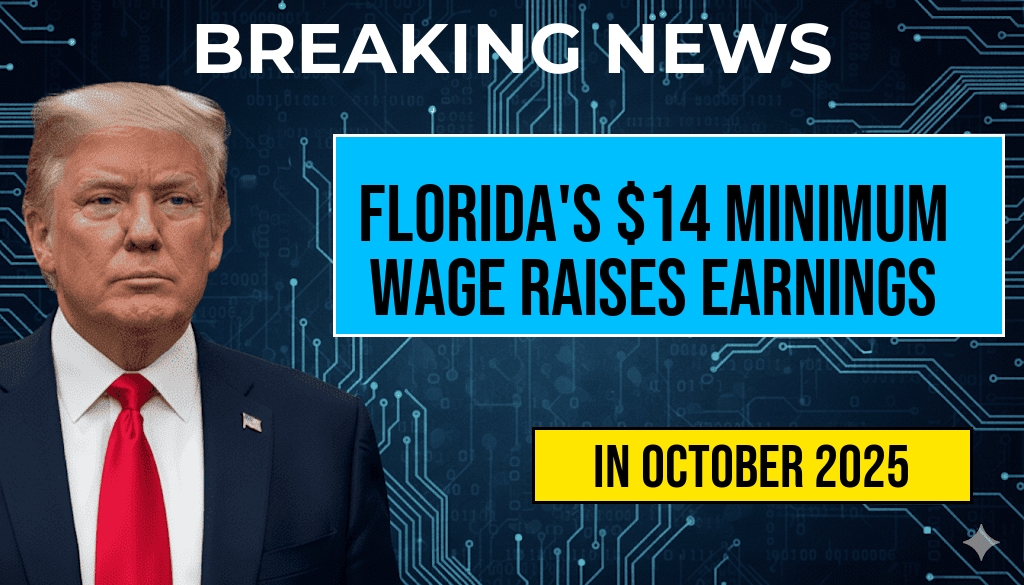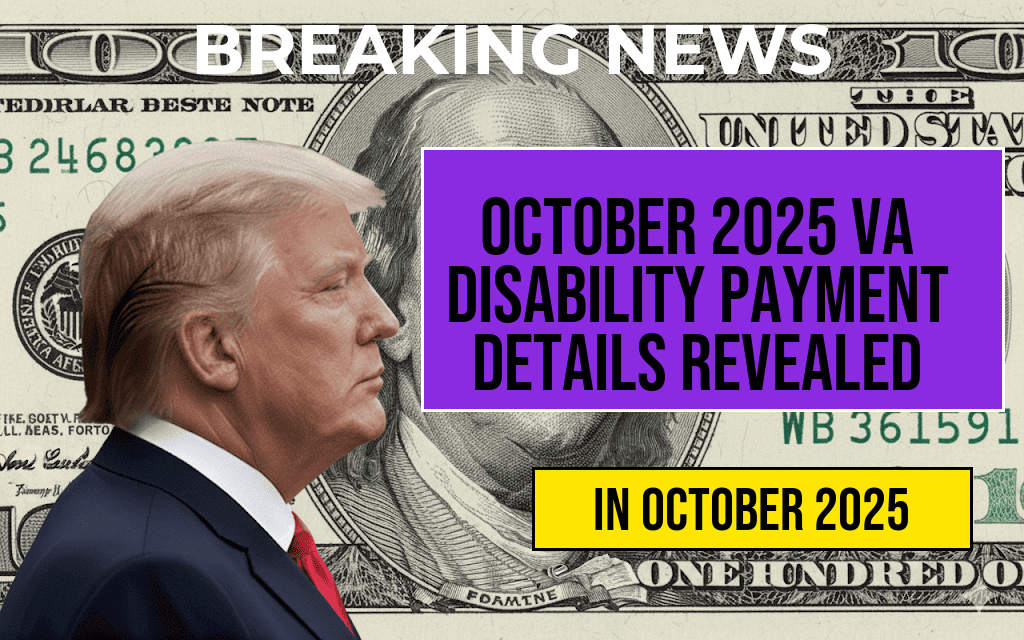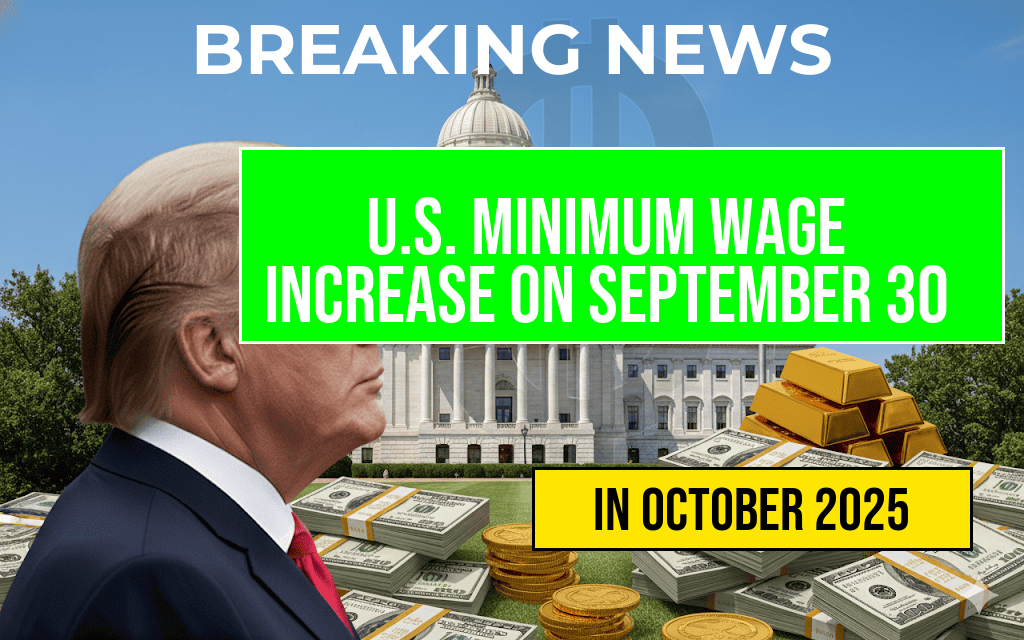Florida has officially implemented a new minimum wage of $14 per hour, marking a significant increase for workers across the state. This change, which took effect on January 1, 2024, is expected to boost annual earnings for full-time employees by approximately $2,080. The increase is part of a gradual plan approved by voters in 2020 to raise the minimum wage to $15 by 2026. Advocates argue that this adjustment is vital for helping families cope with rising living costs, while opponents express concerns about potential job losses and increased costs for businesses.
The Impact of the Wage Increase
The increase to $14 per hour represents a substantial enhancement in the financial well-being of many Floridians. For workers on a full-time schedule, this wage boost translates to a yearly income of about $29,120, up from $27,040 at the previous minimum wage of $13. As inflation continues to affect everyday expenses, the additional income is expected to provide much-needed relief for low-wage earners.
Economic Implications
- Consumer Spending: With increased earnings, workers are likely to spend more, benefiting local businesses.
- Job Market Dynamics: Some employers may reconsider hiring practices or adjust pricing strategies to manage increased labor costs.
- Living Standards: The wage hike aims to improve the quality of life for many families struggling to make ends meet.
Voter Support and Legislative Background
The decision to raise the minimum wage was driven by a ballot initiative known as Amendment 2, which received overwhelming support from Florida voters in the November 2020 election. The initiative set forth a plan to incrementally increase the minimum wage to $15 per hour by 2026, reflecting a statewide demand for better wages amidst rising living costs. According to the Florida Division of Elections, nearly 60% of voters approved the measure.
Comparative Analysis of Minimum Wage Trends
As Florida joins a growing list of states that have enacted higher minimum wages, comparisons with neighboring states highlight the evolving wage landscape:
| State | Minimum Wage (2024) |
|---|---|
| Florida | $14.00 |
| Georgia | $7.25 |
| Alabama | $7.25 |
| South Carolina | $7.25 |
| North Carolina | $7.25 |
Community Reactions
Reactions from various sectors have been mixed. Labor groups and social advocates have praised the wage increase as a step toward economic justice. “This is a victory for working families who deserve to earn a livable wage,” said Maria Rodriguez, executive director of the Florida Alliance for Worker Justice. Conversely, some business owners express concern about the increased labor costs. John Smith, a local restaurant owner, stated, “While I want to pay my employees fairly, I also need to keep my business profitable. This could force me to make tough decisions.”
Future Projections
As Florida continues to phase in the minimum wage increase, the economic landscape will likely evolve. Predictions suggest that by 2026, when the minimum wage hits $15, the state may see changes in employment rates and business operations. The long-term effects of this wage increase will depend on various factors, including economic growth, inflation rates, and consumer behavior.
For Floridians, the new minimum wage represents more than just a number; it is a reflection of the ongoing struggle for fair compensation in a rapidly changing economy. As the state moves toward its $15 target, the conversations surrounding wages, employment, and economic health will undoubtedly continue to shape public policy and community discourse.
For more information on the minimum wage increase and its implications, visit Forbes and Wikipedia.
Frequently Asked Questions
What is the new minimum wage in Florida?
The new minimum wage in Florida has been raised to $14 per hour, which is part of a gradual increase towards $15 per hour.
How much will full-time workers earn annually with the new minimum wage?
With the $14 minimum wage, full-time workers can expect an increase in their annual earnings by $2,080.
When did the new minimum wage take effect in Florida?
The new $14 minimum wage took effect on September 30, 2023, as part of a scheduled increase to support workers across the state.
How does the minimum wage increase impact part-time workers?
While the focus is on full-time workers, part-time workers will also benefit from the $14 minimum wage, receiving higher pay proportional to their hours worked.
What are the future plans for Florida’s minimum wage?
Florida’s minimum wage is set to gradually increase to $15 per hour by 2026, following the state’s established plan for wage growth.











